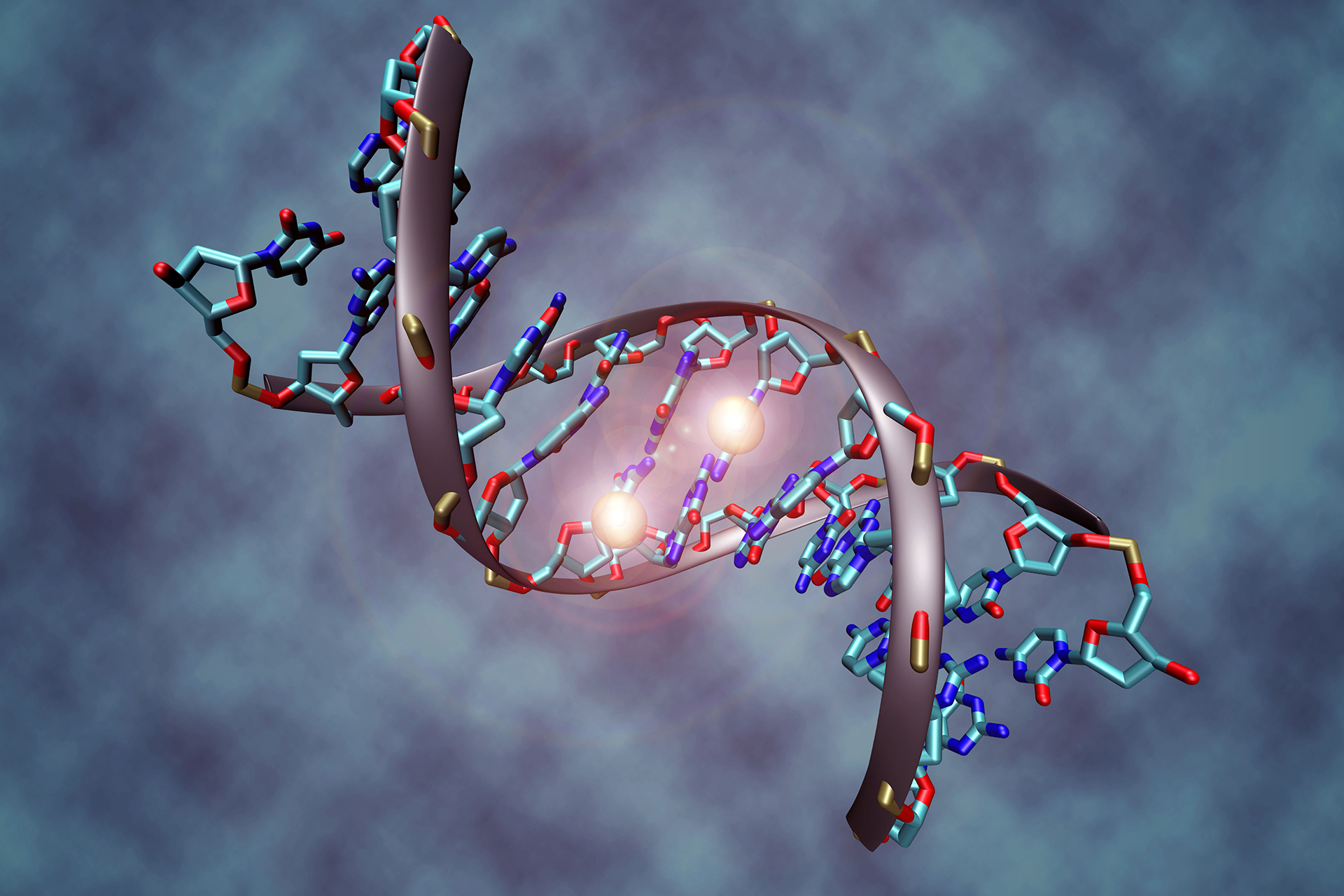A new method of determining a person's 'biological age' by examining modifications to their DNA has been unveiled.
Labelled the 'Glasgow-Karolinska clock', the test compares how well a person is ageing biochemically compared with their chronological age, which can reflect how well the body is functioning. The epigenetic test was developed during a study of chronic kidney disease, which is a known cause of premature and accelerated ageing, and revealed that different treatments could influence patients' biological ageing.
Lead author Helen Erlandsson, of the Karolinska Institutet, Sweden, summarised: 'This is the first clinical test of epigenetic clocks, and the discovery that most are inaccurate when compared with medical evidence has led us to develop a new, more accurate test we have proven is accurate to the high standards of a clinical setting.'
The study, published in the Journal of Internal Medicine, was conducted by researchers jointly at the Karolinska Institutet, Sweden, and the University of Glasgow. Samples from over 400 patients at different stages of chronic kidney disease were compared with approximately 100 healthy subjects.
'Biological age' was predicted with existing models, including blood biomarkers, skin autofluorescence, and three established epigenetic tests that measure DNA methylation. Although all found accelerated ageing in chronic kidney disease patients compared with control participants, each was found to be inaccurate in some aspect.
By creating a composite of the three epigenetic methods, the team were able to consistently and more accurately predict the 'biological age' of all participants. Using this new 'clock', they were able to show that kidney transplantation, but not dialysis, halted the ageing acceleration of chronic kidney disease patients when assessed after one year – which may explain their increased life expectancy.
The findings are in line with a previous study from the team on telomere length in chronic kidney disease patients. Cell division results in the shortening of linear DNA at telomeres, which can therefore be a measure of a person's age. In the study, telomeres were found to be significantly longer in healthy controls, and in patients who received a transplant rather than dialysis. However, today epigenetic markers – such as the new 'clock' – are emerging as the gold standard to measure biological ageing.
Over time, epigenetic DNA methylation (or chemical 'tagging') decreases, which can alter gene expression without affecting the underlying genetic code. This can be accelerated in age-related diseases, such as chronic kidney disease, cardiovascular disease and diabetes. However, diet and lifestyle factors may also impact the level of DNA methylation.
The authors hope therefore their new epigenetic clock could be applied more widely to the general population. Professor Paul Shiels, senior author from the University of Glasgow commented: 'This new clock has real potential to be able to evaluate lifestyle interventions, including diet, that could benefit the public and help to address issues such as health inequalities.'
Sources and References
-
Most accurate test to date developed to measure biological ageing
-
Most accurate test to date developed to measure biological ageing
-
Epigenetic clocks indicate that kidney transplantation and not dialysis mitigate the effects of renal ageing
-
Scientists unveil new epigenetic clock to gauge a person's biological ageing
-
New epigenetic test provides most accurate measure of biological ageing to date





Leave a Reply
You must be logged in to post a comment.